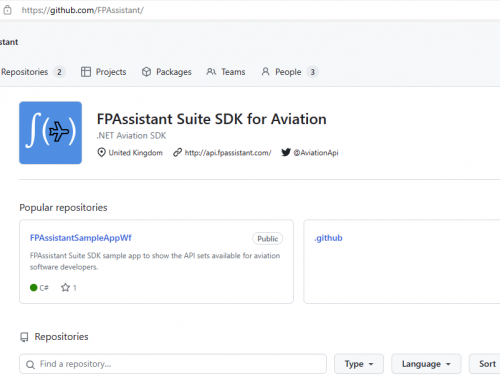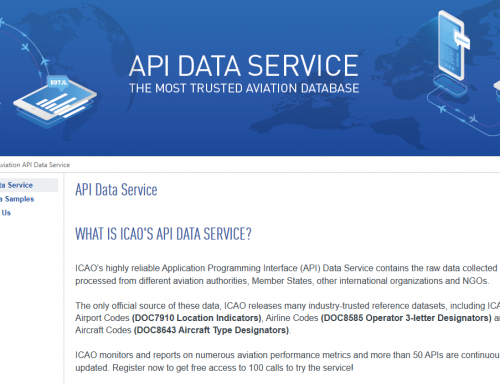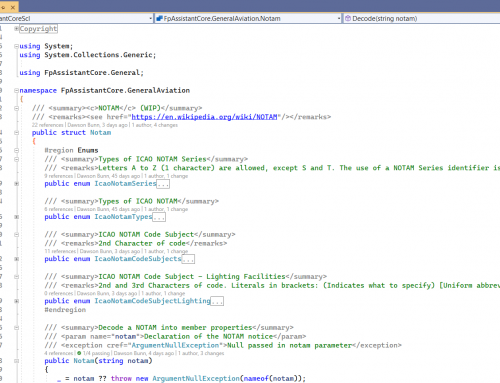One the main functional requirements for the FPAssistant Suite was to offer a product that would happily execute on different hardware devices from phones through to tablets and desktops plus be available on different operating systems (OS)….so how do we achieve this you ask? Well…
Initially this was achieved using Portable Class Libraries (PCL) and this technique is supported on a variety of platforms but since September 2017 a standard appeared for shared code and this is know as .NET Standard 2.0; further details can be found here: https://blogs.msdn.microsoft.com/dotnet/2017/08/14/announcing-net-standard-2-0/
So if you choose to write your own apps using the FPAssistant SDK then you have a choice of three DLL’s to reference to your project:
- 32-bit Windows Class Library (64-bit could be made available upon request)
- .NET Standard 2.0 Class Library
- Portable Class Library
As time progresses I expect to see support drop for PCL first and then 32-bit with the .NET Standard gaining more support from software developers as the choice. Internally these options are compiled and added to an internal NuGet stream using the Package feature in Visual Studio Team Services.
If you have any questions, then please do make contact using the contact page and we’ll do our best to answer you.





